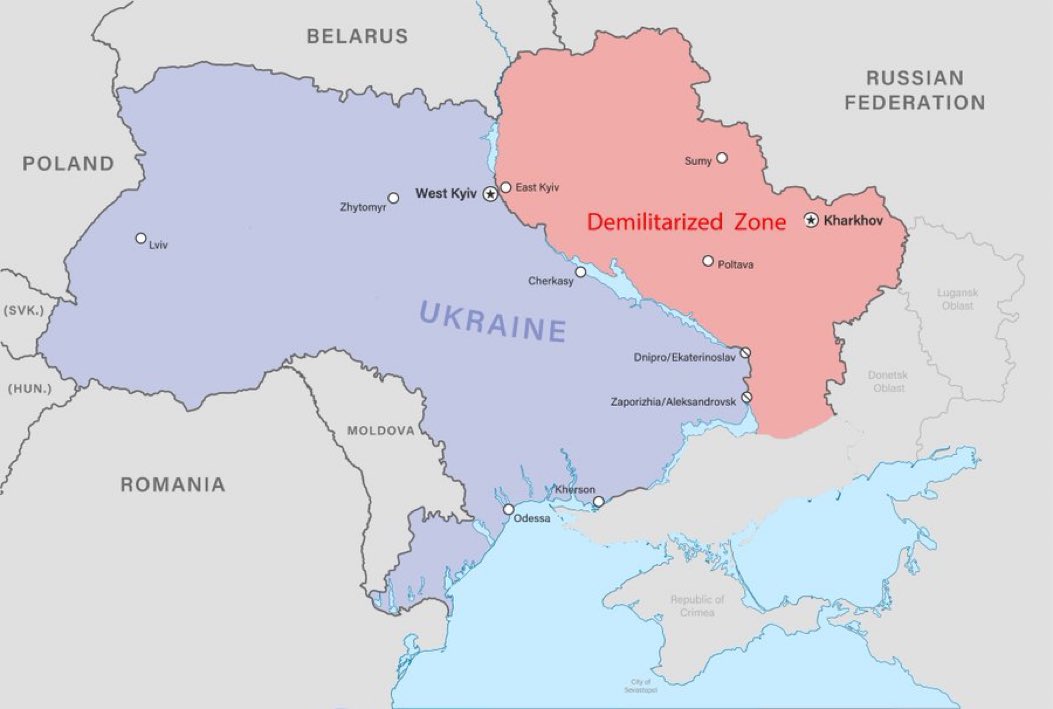
#GlobalSouth: A large part of the Global South votes for Ukraine in the UN Assembly. This seems to be caused by the exposure of the issue of Russian aggression & the reputational costs associated with it. In practice, the Global South does not join in sanctions against⤵️
Russia and does not provide military aid to Ukraine. The self-exclusion of those from Asia, Africa and South America from international efforts to stop Russian aggression stems from biases inherent in the construction of global politics:⤵️ 



1) anti-Americanism (revolving around critical perceptions of respect of int law during military actions in Iraq, Libya or Serbia); 2) anti-colonialism (the fact that Europe & the US were involved in colonialism seen through the imagery of slavery, involving the African pop);⤵️
3) "others' war" (although Russia's attack on Ukraine is not uniformly supported, there are opinions that it is a "European war", whose implications are only global due to sanctions). These 3 common biases in the Global South are exploited by Russia when deploying its soft power.
Some ways out of the current misalignment between the West and the Global South. A complex strategic dialogue is required to get Russia out of the Ukraine and to work preemptively on other critical emerging issues (climate change, etc.).
https://twitter.com/dioniscenusa/status/1629547549701943296
• • •
Missing some Tweet in this thread? You can try to
force a refresh







